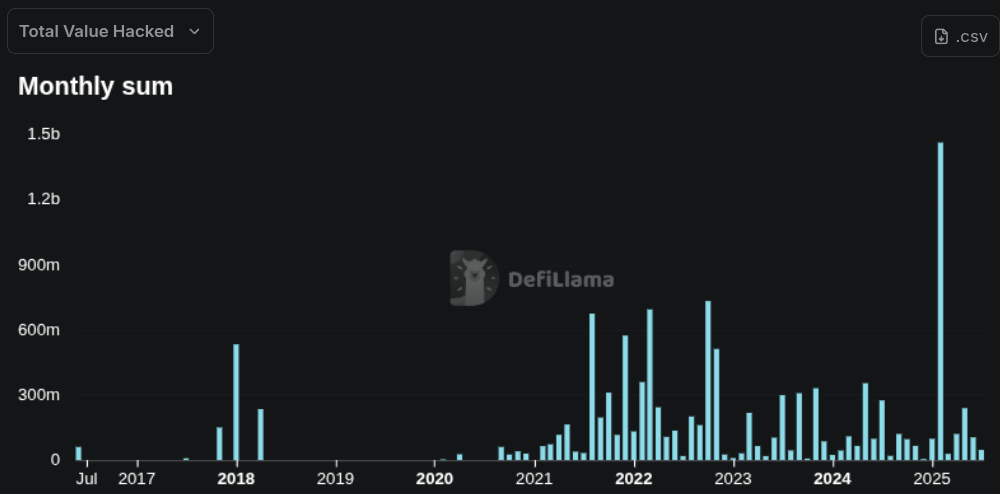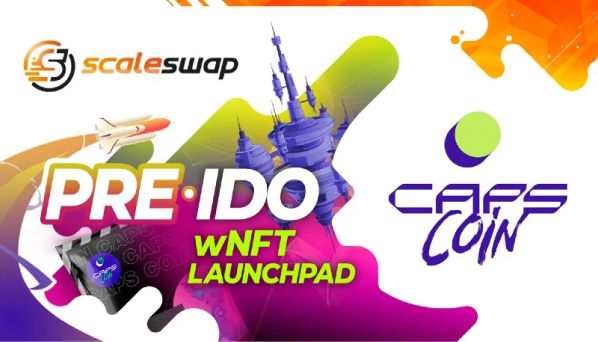Smart Contracts and Beyond. Fullstack Web3 Development Support

Smart Contracts: The Backbone of Web3
Central to Web3 are smart contracts, self‑executing programs that run on blockchain networks. They automate agreements, ensuring trust without third parties.
Smart contracts in blockchain leverage the technology’s key features: immutability and transparency. Once deployed, they’re stored on a decentralized ledger, making them tamper‑proof and verifiable by all parties.
They drive the functionality of decentralized applications (dApps). From token exchanges to lending protocols, smart contracts enable secure, automated transactions in the cryptocurrency ecosystem.
Ethereum Smart contracts deserve special attention because Ethereum pioneered their widespread use. With its programming language Solidity, Ethereum provides a robust platform for developers to create complex contracts.
Smart contracts are an important but not the only part of Web3 development. In addition to smart contracts, decentralized applications are needed to interact with users, as well as infrastructure for the protocol to operate, such as nodes, oracles, etc.
Web3 Tools and Services to create a successful crypto startup
You will need these tools to get started, but is it possible to do without them and save time and money? Of course, just
But if you want to go it alone, here are our tips.
Checklist for Building Your First Ethereum dApp
When evaluating which blockchain network to choose for your application, key business metrics help assess real viability, efficiency, and growth potential. Below is a detailed breakdown of the most important factors:
On-Chain Activity & Adoption
Transaction Metrics
Economic Viability
Interoperability & Infrastructure
Developer & Ecosystem Health

Select the best blockchain for dApp
Once you have the basic requirements for your future application, you can take a closer look at the blockchains on which it can be built.
Ethereum (and Layer‑2 rollups)
Ethereum maintains the largest developer ecosystem. It's a proven smart‑contract platform with solid security and network effects.
Gas fees remain high on L1; complex architecture for newcomers.
Ideal for: Complex DeFi, DAOs, NFTs, or any dApp needing maturity, decentralization, and mass adoption.
Solana
Blazing performance with sub‑second finality and ultra‑low fees.
Rust‑based smart contracts provide high performance.
Rapidly growing DeFi/gaming ecosystem.
Solana is less decentralized than Ethereum and has repeatedly experienced network downtime.
Its ecosystem is smaller than Ethereum's, but it is expanding rapidly.
It is ideal for applications with high throughput requirements.
Setting Up Your Development Environment
How to design smart contracts for Ethereum dApps
Writing and Testing Your Smart Contracts
Building a front‑end for dApps
Smart contract security best practices
You can find current statistics on hacks at Defillama

Development Comprehensive Development Support for Every Stage of Your Crypto Project
Our Development Service for IDO launches ensures that your project is built on a solid technical foundation, offering secure, scalable, and efficient solutions. From creating smart contracts to integrating blockchain protocols, we provide the expertise needed to ensure your project is ready for market success.
When do you need Development?
At various stages of your startup’s lifecycle, technical development is the key:
Idea
Lay the groundwork for your project by developing the core technical infrastructure, including smart contracts and blockchain integration, that aligns with your long-term vision.
Pre-IDO
Prepare for your IDO by building the technical components that power token sales, DApp integration, and auditing processes to ensure a seamless and secure launch.
IDO
During the token sale, we ensure your platform is technically sound, handling token distribution, security audits, and scalability to meet high traffic
Post-IDO
As your project grows, we offer ongoing development support to ensure that your platform remains scalable, secure, and responsive to market changes and future upgrades
Key Features of Our Development Service
Our development services are designed to help your project at every phase, ensuring technical excellence and scalability:
Custom Smart Contracts
We develop secure, efficient smart contracts tailored to your project, ensuring flawless execution and protection of your assets
Seamless Integration
Our team ensures smooth integration with existing blockchain protocols, providing a frictionless experience for your IDO launch.
Cost-Effective Solutions
We deliver robust, cost-efficient development solutions, allowing you to optimize resources without compromising on quality.
Security First
We conduct rigorous security audits and testing to protect your project from vulnerabilities and potential exploits.
Continuous Support:
We provide ongoing technical support post-launch, ensuring your platform remains updated and ready to adapt to evolving market needs.


